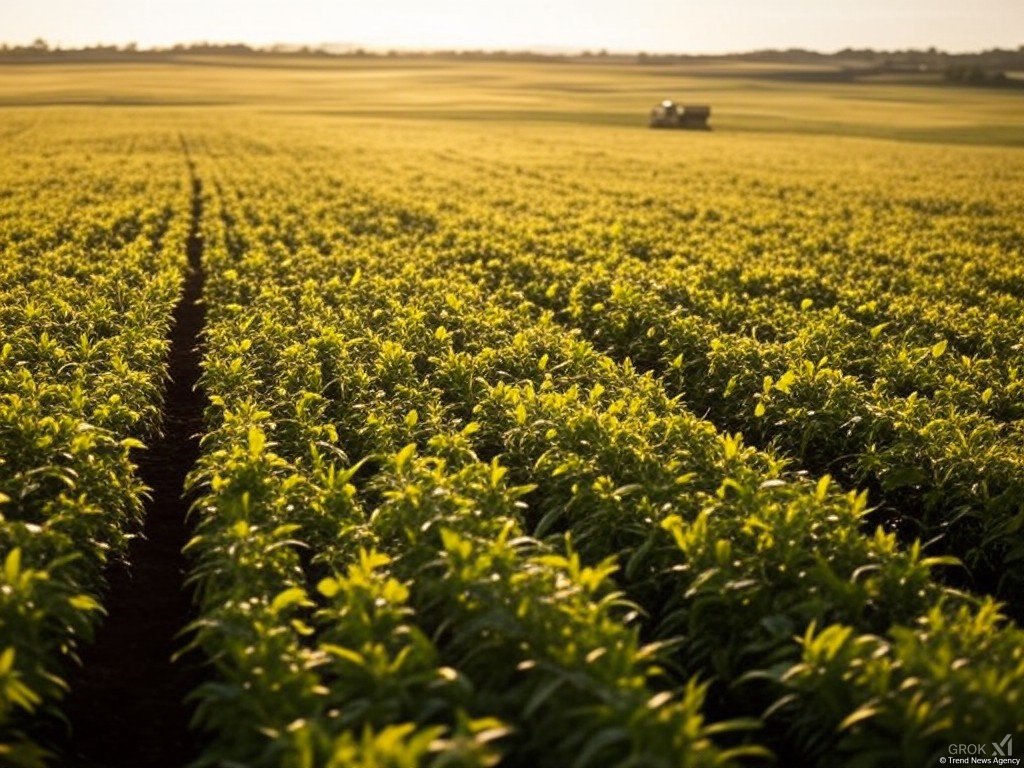BAKU, Azerbaijan, April 5. The World Bank highlights that agricultural activities contribute significantly to global air pollution, with intensive fertilizer use, livestock farming, and crop-residue burning as major sources of particulate matter (PM2.5).
These emissions not only harm the environment but also reduce agricultural productivity, potentially costing the global economy $5 billion annually.
Regions like Sub-Saharan Africa, Southeast Asia, and Southern Africa are particularly affected by these practices, which hinder crop yields and disrupt food supply chains. To address this, the World Bank calls for comprehensive solutions, including reducing ammonia emissions from fertilizers, improving manure management, and discouraging crop-residue burning.
The report emphasizes that adopting technologies like precision agriculture, nitrogen-efficient fertilizers, and integrated pest management can significantly cut emissions. Additionally, sustainable farming practices such as reduced tillage and agroforestry can help mitigate the impacts of soil erosion and air pollution.
Ultimately, supporting farmers with access to appropriate technologies, incentivizing sustainable practices, and implementing effective policies are essential for reducing air pollution from agriculture and safeguarding global food security.







